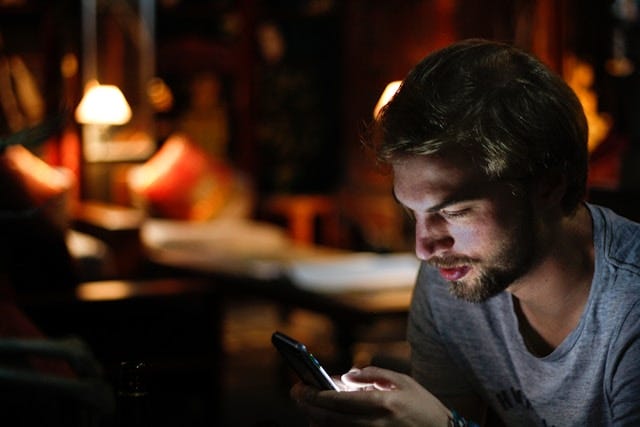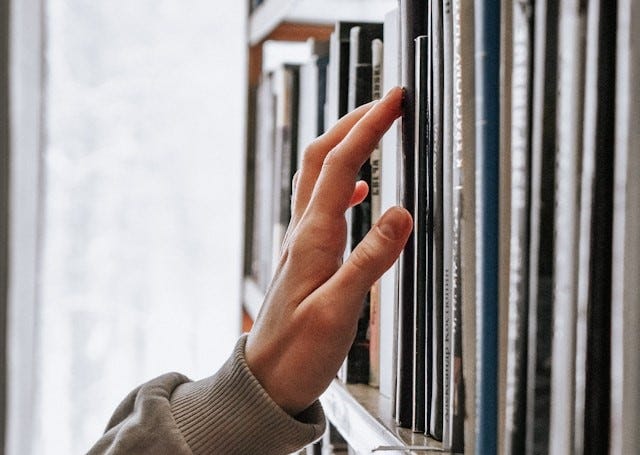There Is No Such Thing as a Banned Book in a Free Society
What Is on the Shelf Says a Lot About People, Their Interests, or Priorities
Technology, like everything else, has the potential to be both liberating and confining. We can, for example, effortlessly manage everything from financial concerns and banking to grocery shopping, prescriptions, streaming services, news, messaging, and meetings - even order takeout on a device that weighs less than a pound and is the size of a large index card.
You can also make phone calls if necessary, and sometimes people answer them. When they don't, you can leave a message for them to ignore. Technology is wonderful.
It doesn’t get used much for talking; ask anyone who has tried to call me. I have made calls on it when required, but the thing I do more than any other is read books. My digital library has grown in recent years, which is odd because I rejected the idea for years. Not reading, I've always done that, but the notion of a virtual library accessed on a device. I was a book-in-hand guy. I've got hundreds of hard-copy books still in my possession (it used to be a lot more). Not only did I prefer them, but I also never let them go. They accumulated on shelves until I ran out of shelves, so I stacked them, where they quietly and selflessly collected dust that would have otherwise landed elsewhere.
I only recently began making peace with their necessary departure.
I've liberated a few hundred to date, donated, or dropped off so that others might get some use of them. More sit in cartons while I work up the courage to walk them to the car and excuse at least their physical presence from my life.
Pretense and Purpose
What is on any shelf or still on it says something about priorities or at least appearances (if you never read them). I've got a collection of hardbound mystery novels, some classics from the Harvard Press, and an older iteration of the 100 Greatest Books from the Easton Press. You will also find forty-year-old dog-eared copies of the original Star Wars books (paperback), several Bibles, and large soft-cover copies of every significant religious tomb. C.S. Lewis, Joseph Campbell, Karen Armstrong, and Harry Harrison's Stainless Steel Rat share shelf space with Ben Franklin, William Shakespeare, and the Reagan Diaries. Asimov is well represented, as are Stephen R. Donaldson, Russell Kirk, Ann Coulter, M. Stanton Evans, James O'Keefe, and even Jonah Golberg, before contracting his chronic case of TDS (back when I was buying political books).
I've got the complete works of AA Milne, some Lewis Carrol, and Beatrix Potter, leaning next to a handful of works by HP Lovecraft and several analyses of the US Constitution, including the best one (in my opinion) by Justice Joseph Story.
My electronic shelf space is different and not quite as diverse (yet). Still, given its unlimited size, it could hold anything, but physical shelf space by design limits the titles you can carry or keep, which brings me in my meandering way to a point. We all choose what to have on our bookshelves and what to keep when space is at a premium. From personal collections to universities and local public and school libraries, you can't have every physical book or periodical in existence, and someone has to make choices.
A Little Give and Take
The absence of titles is not censorship, nor is it banning. Nor is removing some to make others a priority.
Anyone in America can acquire any title physically or electronically, quite often in seconds, either delivered to a device at that moment or to your door (or someone else's) in the next day or two. In other words, there is no such thing as a banned book in a free society; only decisions about what deserves to occupy the limited, almost precious physical space of a collection and why.
Why is this book more important to everyone who has access to a public or school library than something else?
Where space is limited, these choices matter, and not every choice will be a good one.





